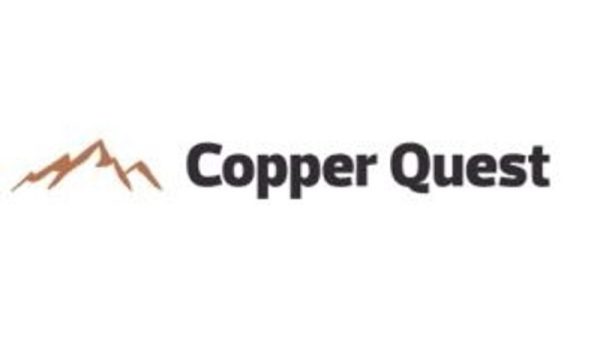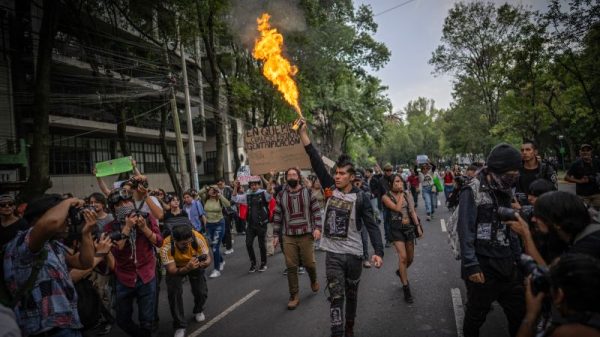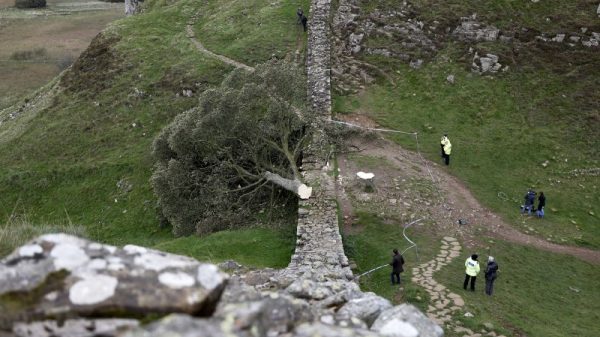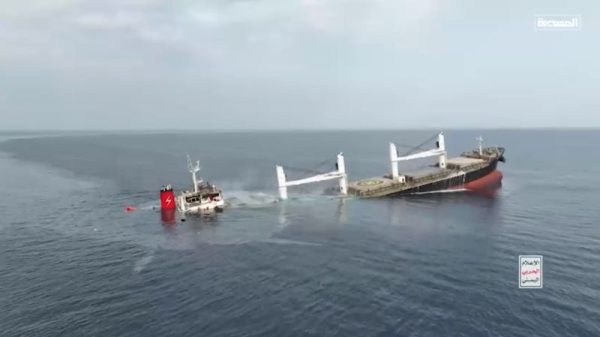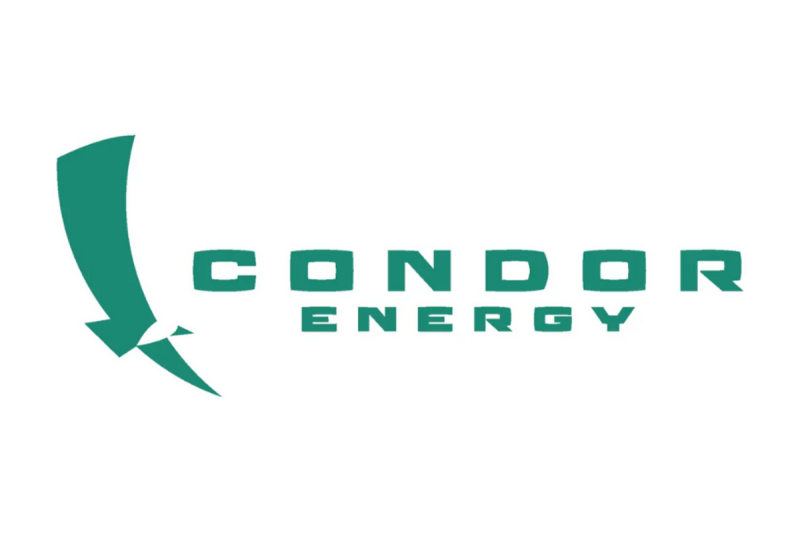Condor Energy Ltd (ASX: CND) (Condor or the Company) is pleased to report progress in the work being done at the Technical Evaluation Agreement (Tumbes TEA) offshore Peru. Condor in partnership with Jaguar Exploration Inc (Jaguar) has undertaken geological field work in order to assist in the interpretation of the legacy seismic and well data already gathered on the Tumbes TEA.
Highlights
A geological field trip has been undertaken to support the work being done in the evaluation of the Peruvian Tumbes TEA.
Field mapping, sample collection and paleocurrent measurements have assisted in building depositional models for the primary reservoir objectives, the Zorritos and Mancora Formations.
The interpretation derived from the field work will be integrated with the depositional models being developed using seismic attributes within the 3D seismic data offshore.
Major sediment input systems are recognised for both the Zorritos and Mancora Formations, delivering considerable thicknesses of potential reservoir sandstones into the Tumbes TEA area.
Samples collected have been sent to the laboratory for analysis to determine porosity and permeability for reservoir properties and Total Organic Content and Vitrinite Reflectance for source rock properties.
Condor Director Scott Macmillan commented:
“The proximity of the TEA adjacent to the onshore segment of the basin which hosts outcrops of the main reservoir targets provides us with an ability to study the depositional environment of the Tumbes and integrate this with the seismic attributes from the 3D seismic data into the offshore. This will provide us with valuable insight on the play fairways of our main reservoir targets and assist with identifying and high grading future drilling targets in addition to the Bonito, Raya and Volador prospects and Piedra Redonda gas field in our licence area.”
Condor has identified the Zorritos and the Mancora Formations as the main reservoir targets1. The Zorritos oil play has been proven to be oil bearing in the Albacora and Corbina oil fields as well as in the Delfin discovery.
The Mancora gas play has been proven by the Piedra Redonda gas field2 which contains a gross ‘Best Estimate’ Contingent Resources of 404 billion cubic feet (Bcf) plus ‘Best Estimate’ Prospective Resources# of 2.2 trillion cubic feet (Tcf) of gas contained within the Company’s Tumbes TEA (Figure 1). The Mancora gas play has also been proven in the onshore segment of the Tumbes Basin where additional gas discoveries have been made and tested adjacent to the TEA.
#Cautionary Statement: The estimated quantities of gas that may potentially be recovered by the application of a future development project(s) relate to undiscovered accumulations. These estimates have both a risk of discovery and a risk of development. Further exploration appraisal and evaluation is required to determine the existence of a significant quantity of potentially recoverable hydrocarbons.
The Tumbes is a forearc basin which expands both onshore and offshore with both the Zorritos and Mancora Formations outcropping in the onshore section. In this context, geological field work was carried out in order to know and understand (through sedimentological and stratigraphic analysis) the sedimentary characteristics and, especially, the sedimentary environments of the reservoir rocks present in the basin.
The results obtained complement the mapping being done on the 3D seismic data, where varous seismic attributes such as spectral decomposition and acoustic impedence inversion are being used to build depositional models in the offshore section of the basin.
A generalised stratigraphic column for the prospective sedimentary sections within the onshore parts of the basin has been constructed based on the observations made on the trip (see Appendix). More detailed stratigraphic sections and interpretations of depositional environments together with measurements of palaeocurrents have provided sufficient information to build depositional models for the target reservoirs.
Click here for the full ASX Release


